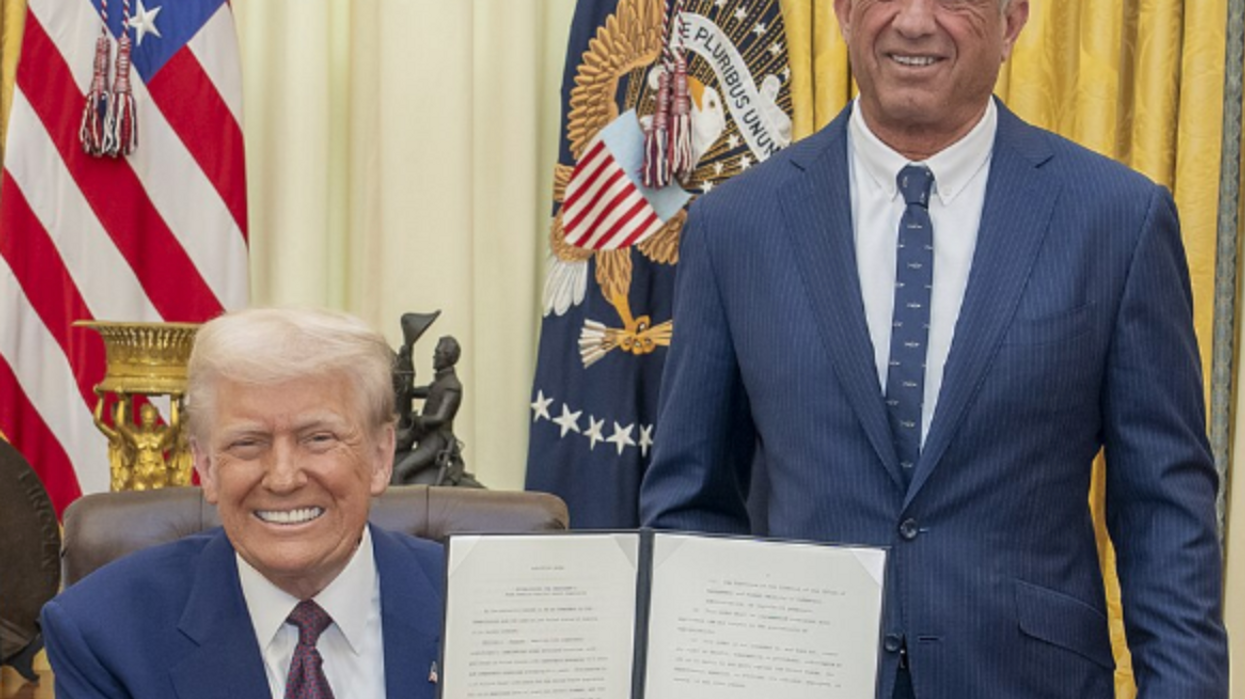Why Medicaid Patients May Not Know Their Health Care Is At Risk
They go by different names in different states. In Tennessee, it is TennCare. In Ohio it is the Buckeye Health Plan. In California, it is Medi-Cal.
In Florida, it “sounds like an orange juice brand: Simply Healthcare,” wrote N. Adam Brown, an emergency room physician and professor at the University of North Carolina business school, in a commentary posted earlier this week on the MedPage Today website.
What they have in common is that they are Medicaid plans run by private insurance companies. Over the past several decades, 41 states and the District of Columbia have turned over their low-income health insurance programs to what industry jargon refers to as Medicaid managed care organizations or MCOs.
The nation’s 280-plus MCO plans cover an estimated 75 percent of the 85 million people (as of March 2024) on Medicaid, the joint federal-state program targeted for massive cuts by the GOP-run Congress. While many are run by non-profits or government agencies (like CountyCare in Chicago where I live), five for-profit private insurers (Centene, UnitedHealth Group, Elevance, Molina and Aetna/CVS) account for more than half of all Medicaid MCO enrollment, according to the Kaiser Family Foundation.
While the websites of most of these firms indicate their plans are connected to Medicaid, a significant share of their clientele have no idea they are covered by a government-financed program. A recent study published in JAMA found that between 2019 and 2022 when enrollment increased by 5.2 percentage points, surveys that asked where people obtained their health insurance showed only a 1.3 percentage point growth in Medicaid.
“Because Medicaid is not branded as Medicaid, if you tell a patient in South Carolina they might lose Medicaid, their eyes may glaze over,” Brown wrote. “Tell them Healthy Connections is at risk? You have their attention.”
His solution? “In every state, we need to call Medicaid by its real name,” he wrote. Instead of saying “‘Republicans want to reduce Medicaid by $880 billion,’ try ‘If Republicans' Medicaid plans come to fruition, you could lose your Buckeye Health Plan health insurance.’”
Where are the lobbyists?
No one is in better position to call Medicaid by its real name than the private insurers in charge of the program. Yet with the sole exception of Centene, the largest MCO operator, most companies have remained silent in the face of the GOP’s assault on the program.
For instance, I can’t find a single press release or public statement by a private insurer that counters claims contained in a specious hit piece released earlier this month by conservative think tanks that estimated Medicaid made $1.1 trillion in improper payments over the past decade. Since they’re managing at least half the money that flows through Medicaid, they ought to be offended.
The Paragon Health Institute and Economic Policy Innovation Center paper based its claims on eligibility reviews conducted during the last two years of the first Trump administration. It then applied that percentage to all Medicaid spending. However, the government estimated just a five percent improper payment rate or about $31 billion in 2024, which, if eliminated in every year over the next decade, would only save half of what conservatives claim.
Nor have those insurers risen to defend the the 92 percent of adults under 65 who are on Medicaid despite working full or part-time. More than a quarter of all workers in the private sector are not offered health insurance as a benefit, most whom are earning poverty- or near-poverty wages and are eligible for Medicaid, especially in the 41 states that have expanded the program (with 90% federal funding) to cover people earning up to 138 percent of poverty wages.
Even among those offered health insurance on the job, only three-quarters purchase plans. Why? Most can’t afford the premiums being taken out of their paltry paychecks.
So let’s begin describing Medicaid for what it is: A massive subsidy for employers who rely on low-wage labor. This subsidization is necessary because we have what, theoretically at least, is an employment-based health insurance system. Yet the government doesn’t require all employers provide and pay for health insurance.
Of course that’s not what you hearing from Republicans like Rep. Eric Burlison (R-MO). During hearing held earlier this month, he, like the president he slavishly follows, said there would be no cuts to Medicaid. “My definition of cutting does not include getting people who are fraudsters and getting people who are not supposed to be on the list as recipients.”
Democrats should answer with the following: “When we make Florida’s orange growers pay for their orange pickers’ health insurance, we’ll be able to shrink ‘Simply Health’ as much as they shrank the amount of juice put in each bottle.”
Reprinted with permission from Gooz News.












